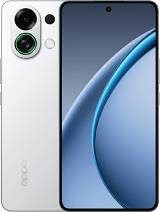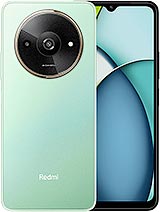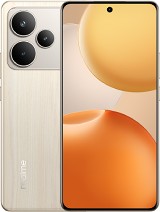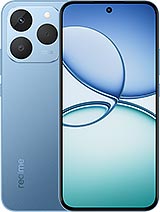Lava Shark 4G alternatives
Tap above to see alternatives.
Oppo K13 Turbo alternatives
Tap above to see alternatives.
Lava Shark 4G

Lava Shark 4G
-
Unisoc T606
12 nm
-
5000 mAh
18W
-
6.67"
720 x 1612 pixels
-
50 MP
1080p@30fps
- Specs
Oppo K13 Turbo

Oppo K13 Turbo
-
Dimensity 8450
4 nm
-
7000 mAh
80W
-
6.8"
1280 x 2800 pixels
-
50 MP
4K@30/60fps
- Specs
2x1.6 GHz Cortex-A75
6x1.6 GHz Cortex-A55
1x3.25 GHz Cortex-A725
3x3.0 GHz Cortex-A725
4x2.1 GHz Cortex-A725
8GB 256GB (UFS 3.1)
(wide), AF
f/1.8, 27mm (wide), 1/2.88", OmniVision OV50D40, PDAF
2 MP
f/2.4, 1/5.0", 1.75µm
1080p@30fps
f/2.45, 23mm (wide), 1/3.09", 1µm, Sony IMX480
SIM1: Nano, SIM2: Nano
SIM1: Nano, SIM2: Nano
11 5G bands
n1, n3, n5, n8, n28, n38, n40, n41, n48, n77, n78
In this performance comparison, the Oppo K13 Turbo with its Mediatek Dimensity 8450 (4nm) performs better than the Lava Shark 4G with the Unisoc Unisoc T606 (12nm), thanks to superior chipset efficiency.
Oppo K13 Turbo offers 2 years of OS updates, while Lava Shark 4G does not have confirmed OS update information. Oppo K13 Turbo receives 3 years of security updates, while Lava Shark 4G does not have confirmed security update information.
Oppo K13 Turbo features a superior AMOLED display, while Lava Shark 4G comes with an LCD panel. Both smartphones offer the same 120 Hz refresh rate. Both devices deliver the same brightness level at nits. Notably, Oppo K13 Turbo offers a higher screen resolution, resulting in sharper visuals and more detailed content.
Oppo K13 Turbo features a larger 7000 mAh battery, potentially delivering better battery life. Oppo K13 Turbo also supports faster wired charging at 80W, compared to 18W on Lava Shark 4G.
Oppo K13 Turbo offers better protection against water and dust with an IP69 rating.
¹ Scores can vary even with the same chipset due to RAM, thermals, and software optimization.










